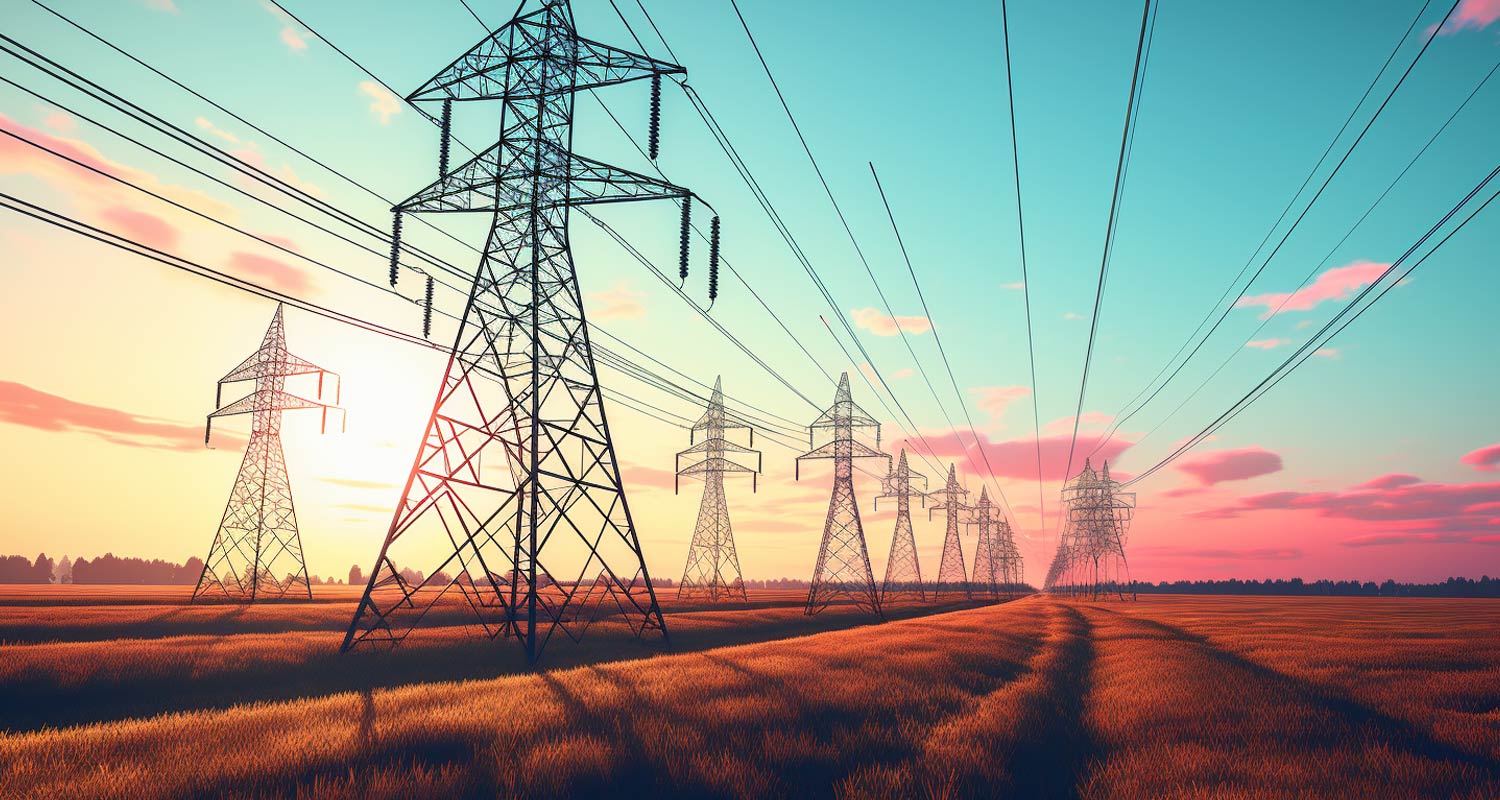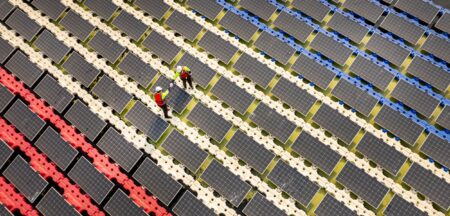 A South African power-project developer is seeking to block new rules governing the connection of plants to the national electricity grid, saying they are flawed and will impair the addition of more generation capacity.
A South African power-project developer is seeking to block new rules governing the connection of plants to the national electricity grid, saying they are flawed and will impair the addition of more generation capacity.
State-owned utility Eskom is struggling to meet electricity demand, resulting in almost daily power cuts that are hobbling economic growth. Private generation projects that could relieve pressure on the system have been sidelined, in part because of a lack of connections to the grid.
To alleviate that pressure, Eskom introduced its so-called Interim Grid Capacity Allocation Rules, but developer G7 Renewable Energies argued they will hinder new operations.
Eskom’s application of the IGCA rules “will determine applications for grid access in accordance with rules which have been adopted in a manner that is unlawful, unreasonable and irrational”, G7 CEO Kilian Hagemann said in a a filed affidavit. The rules will also “compel applicants for access to undertake procedures which are onerous and prejudicial”, he said.
Eskom said it wasn’t immediately able to comment. In June, the utility said the rules would avoid “hogging” of grid capacity and ensure only so-called shovel-ready projects are allocated capacity.
The rules will impose greater costs on developers of new generation plants and their customers, the South African Independent Power Producers Association, a lobby group, said earlier this month.
Read: Prospective Eskom rivals falter as projects fail
G7 Renewable Energies is involved in two wind farms identified in the court papers that are not part of a government programme to buy power from producers, but will provide electricity to private customers. Such projects “will serve to reduce the burden on Eskom”, the company said. — (c) 2023 Bloomberg LP




